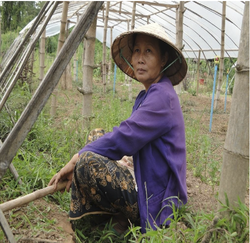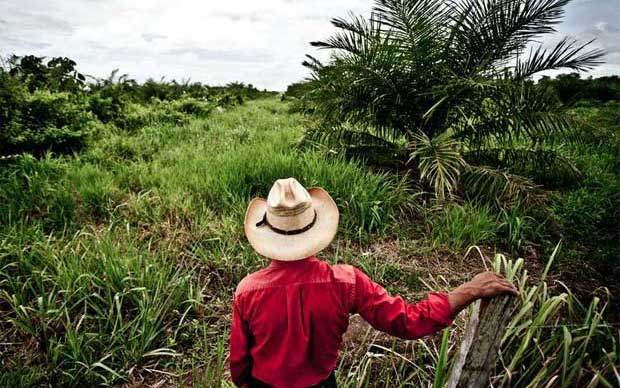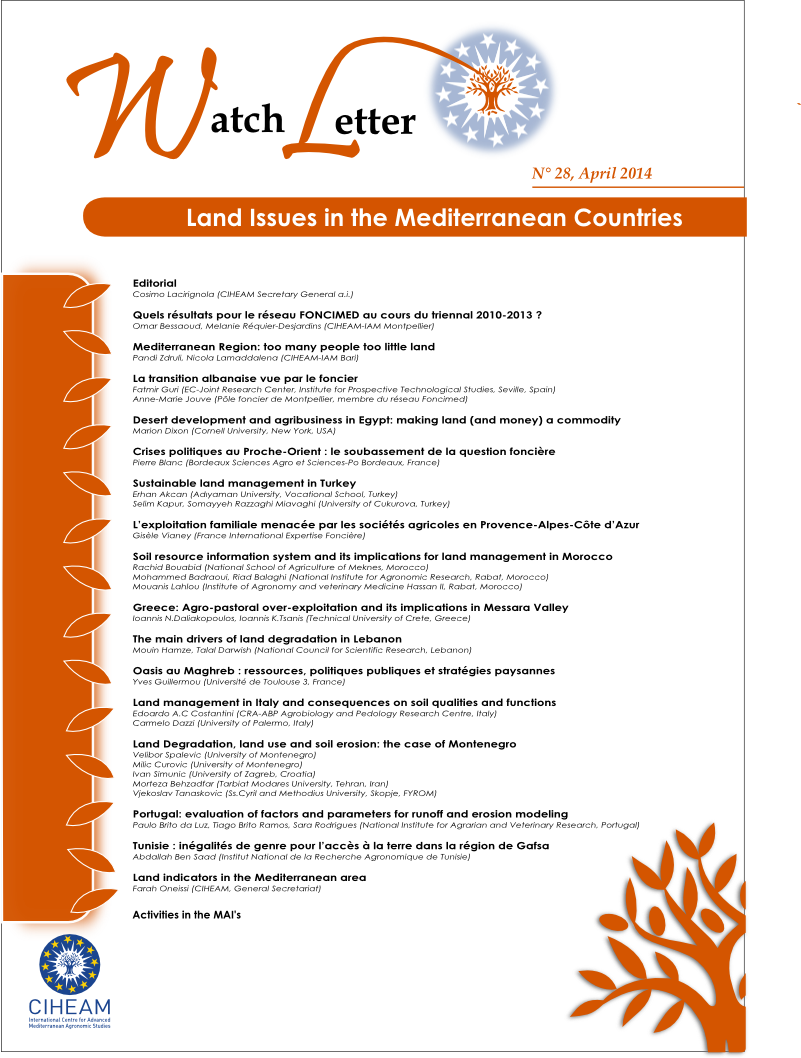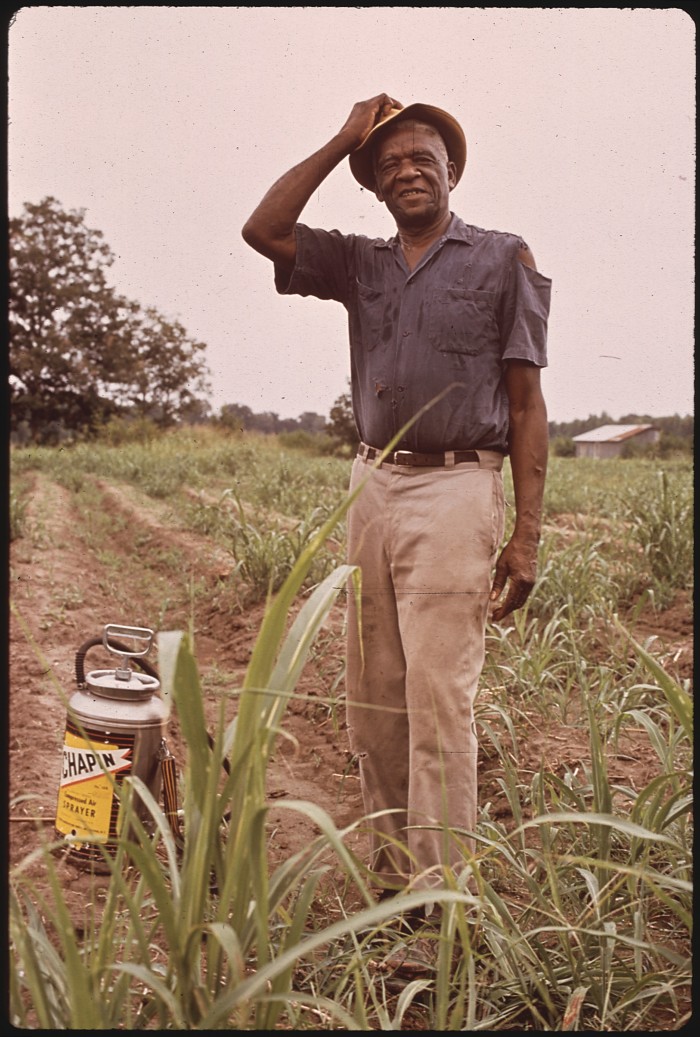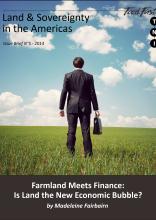Gender and equity implications of land-related investments - Cases of study - Zambia,Tanzania, Ghana and Lao (FAO, 2013)
The gender and equity implications of land-related investments on land access and labour and income-generating opportunities A case study of selected agricultural Investments in LAO PDR (2013)

